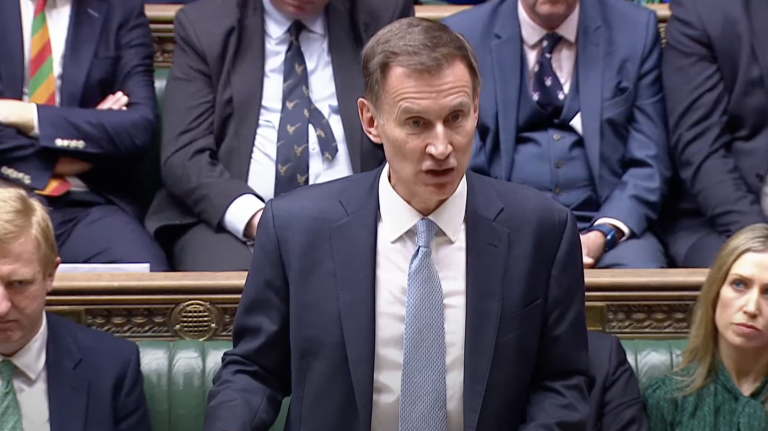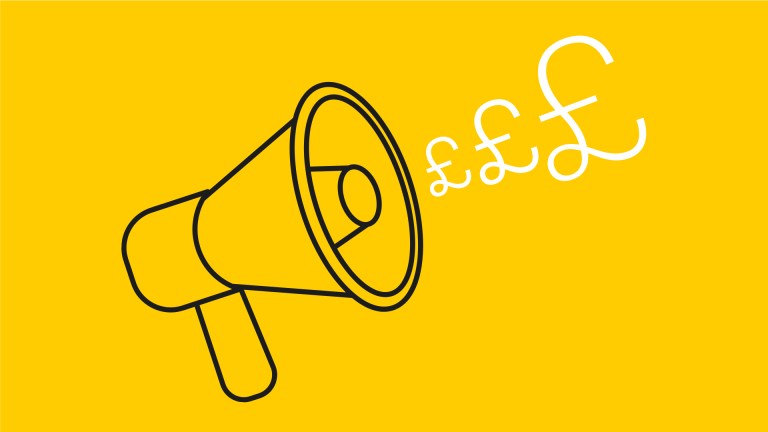The cost of living is spiralling upwards in 2022 with food, energy, fuel and the whole spectrum of everyday items we take for granted costing more, we know that people are worried. So through our Big Issue Talks Money series, supported by Experian’s United for Financial Health programme, we asked a panel of experts if there are things we can do as we try to weather the storm.
Whether you’re stressed about spending, have questions about credit or you want to know how to negotiate with your employer, our money experts – John Webb, senior consumer affairs executive at Experian, co-founder of financial education app Your Juno, Margot de Broglie and Tara Gillespie, co-founder of platform and podcast Best Intentions – have picked out a few things that might help.
Registering on the electoral roll, getting a current account and putting your name on utility bills can help
John Webb
Q: I’ve never had a credit card and I am wary of them, but I’ve heard that I need one to build a credit score which can drive down the cost of things like my broadband or mobile phone contract. Do I really need a card to improve my credit score?
A: John Webb says: “A credit card is a great way to improve your credit score. Keeping the balance as low as possible, only using it for small essential purchases, and making the monthly payments will positively affect your credit score. But there are lots of other ways to improve your score, and build a healthy credit report.
“Registering on the electoral roll, getting a current account and putting your name on regular household utility bills like gas and electric can help. If and when you need them, getting credit agreements like home broadband or mobile contracts will also help.
“People can also improve their credit score using Experian Boost, a free credit-score-improvement service that takes into consideration everyday payments to subscription services, as well as regular payments to things like council tax and savings.









